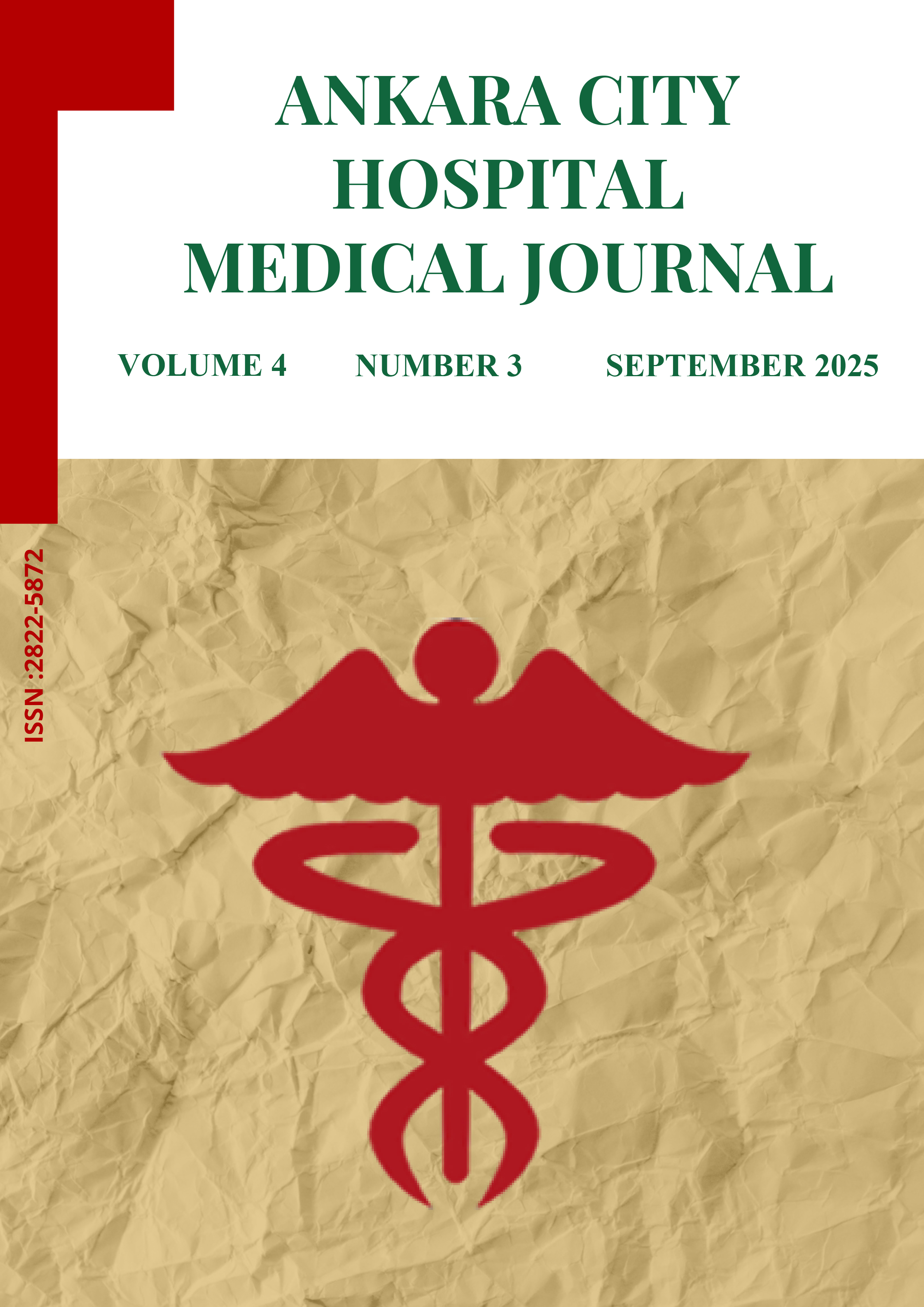
Scar Endometriosis After Cesarean Section; Our Clinical Experiences, 32 Cases of Cesarean Scar Endometriosis
İnci Halilzade1, Elcin Islek Secen2, Gonca Türker Ergün1, Ayse Filiz Yavuz21University Of Health Sciences Ankara City Hospital, Gynecology And Obstetrics Department, Ankara, Turkey2University Of Ankara Yıldırım Beyazıt, Gynecology And Obstetrics Department, Ankara, Turkey
INTRODUCTION: Scar endometriosis is a type of rare endometriosis that develops following obstetric or gynecological surgeries. The aim of our study is to share our clinical experiences regarding scar endometriosis, which is becoming more common due to increasing cesarean operations, and to contribute to the literature on this subject.
METHODS: A total of 32 patients who underwent surgery due to scar endometriosis participated in our study. The patients' demographic and clinical characteristics, size and location of the lesion determined by imaging methods and histopathological results were recorded and analyzed.
RESULTS: The mean age of the patients was 34.81±6.52 years, with 46.9% having undergone one cesarean section and 53.1% having undergone two or more cesarean sections. Scar endometriosis involving subcutaneous and fascial tissue was determined to be 43.7% in the right corner, 28.1% in the left corner, 9.4% in the midline, and 18.8% within the rectus muscle. The time elapsed between cesarean section and the onset of symptoms was found to be statistically significantly shorter in patients who had undergone two or more cesarean sections compared to those with only one previous cesarean section (p=0.015).
DISCUSSION AND CONCLUSION: Scar endometriosis is a painful condition for which clear success in medical treatment has not yet been demonstrated, and surgical intervention is often required. Given the higher frequency of occurrence at the corners of cesarean section incisions, we recommend the careful washing of these corners. Further immunohistochemical studies are needed to achieve success in medical treatment, and histopathological analysis should be fully elucidated.
Keywords: endometriosis, cesarean, scar endometriosis, cesarean scar endometriosis
Manuscript Language: English
(246 downloaded)









